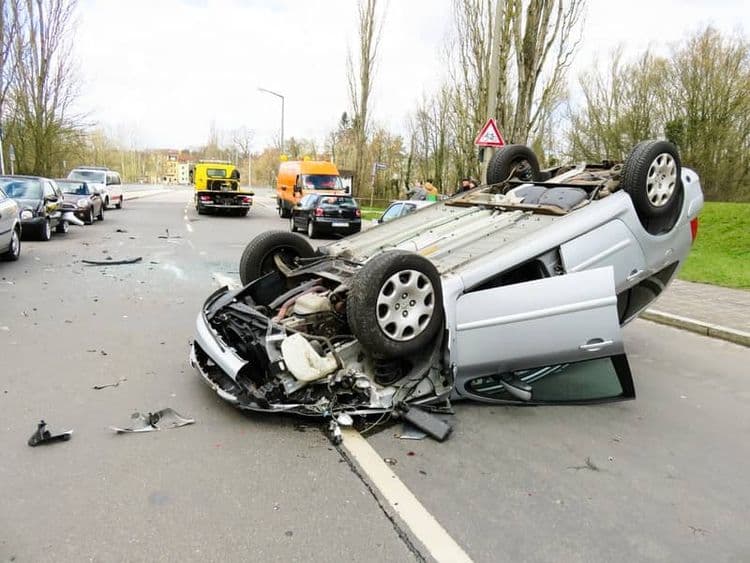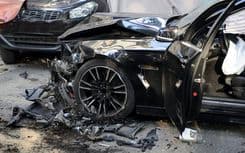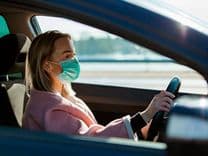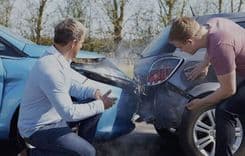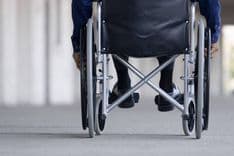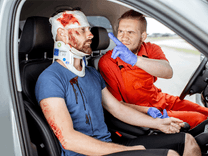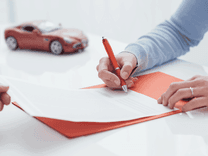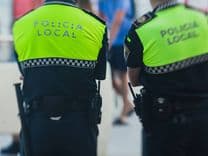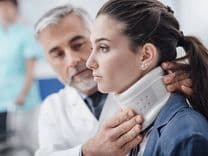This post is given on the occasion of Covid 19 and the State of Alarm decreed in Spain on 14 March by RD 463/2020, in relation to traffic accidents that occurred during this period.
Accidents occurring during the State of Alarm due to Covid 19
Mainly to answer the question that arises for everyone at this time: should the insurance company be liable for claims occurring during the State of Alarm?
Well, the answer is yes, loud and clear. Compulsory motor insurance will cover all damages caused to third parties as a result of traffic accidents occurring during the period of the State of Alarm, under the protection of the direct action against the insurer, contained in art. 76 of the Insurance Contract Law (regardless of the administrative sanctions that may result from non-compliance with the limitations on the freedom of public use of the streets that the RD itself limits).
"Article 76
The injured party or his/her/their heirs will have direct action against the insurer to demand the fulfilment of the obligation to compensate, without prejudice to the right of the insurer to repeat against the insured person, in the event that it is due to fraudulent conduct of the latter, the damage or harm caused to a third party. (...)".
Based on this premise, that the injured party will ALWAYS be covered by the company that insures the vehicle responsible for the claim, and analysing the content of the aforementioned article 76, the second question arises, can the insurer reimburse the insured party for the amounts paid to the injured third party as a consequence of an accident that occurred during the State of Alarm?
To do so, we must go to Article 10 of the Royal Legislative Decree 8/2004, of 29th October, which approves the revised text of the Law on civil liability and insurance in the circulation of motor vehicles (LRCSCVM),
"Article 10 Power of recourse
The insurer, once the payment of the compensation has been made, may recourse:
a. Against the driver, the owner of the causal vehicle and the insured person, if the damage caused was due to the fraudulent conduct of any of them or to driving under the influence of alcoholic beverages or toxic drugs, narcotics or psychotropic substances.
b. Against the third party responsible for the damage.
c. Against the policy holder or insured person, for the causes foreseen in the Law 50/1980, of the 8th of October, of Insurance Contracts, and, in accordance with that foreseen in the contract, in the event of driving the vehicle by someone who does not have a driving licence.
d. In any other case in which such repetition or recourse may also be applicable in accordance with the law".
However, Law 21/2007, of 11 July, which amends the revised text of the Law on civil liability and insurance in the circulation of motor vehicles, approved by Royal Legislative Decree 8/2004, of 29 October, and the revised text of the Law on the regulation and supervision of private insurance, approved by Royal Legislative Decree 6/2004, of 29 October, introduces the following objection:
"with the objective of reinforcing the character of patrimonial protection for the policy holder or insured person, the possibilities of recourse or repetition by the insurer against them are limited to the causes foreseen in the Law, with the elimination of the possibility of the insurer repeating against the policy holder or insured person for causes foreseen in the contract".
Of interesting mention, as it deals with a particularly common case in practice, is the Supreme Court Judgement of 20 November 2014, which declares null and void the existing clause in a car insurance contract which does not provide cover in the event that the vehicle is driven by someone under 26 years of age, not declared in the policy.
Conclusion on accidents occurring during the State of Alarm
In conclusion, based on our legislation and jurisprudence, accidents that take place during the State of Alarm, the insurers' right of recovery is reserved for those cases contained in the law and which are specified as, driving under the influence of alcoholic drinks or drugs and/or fraudulent driving, therefore, the exercise of the right of recovery of art. 10 LCS in cases of State of Alarm is not applicable.


